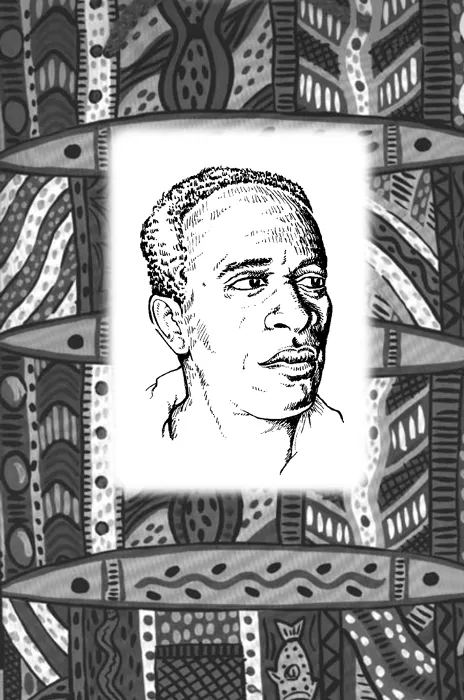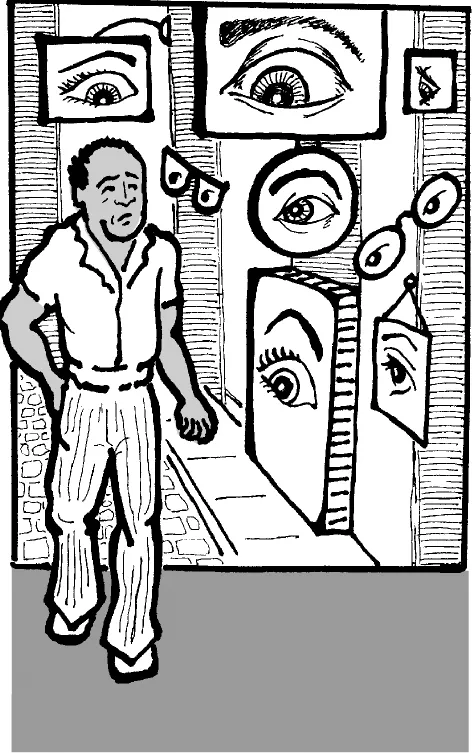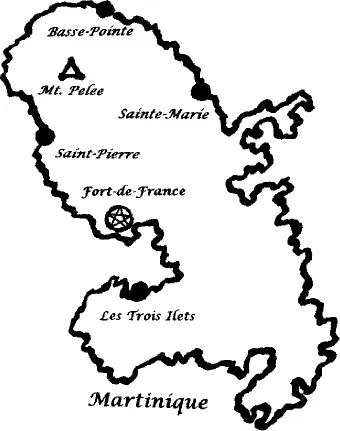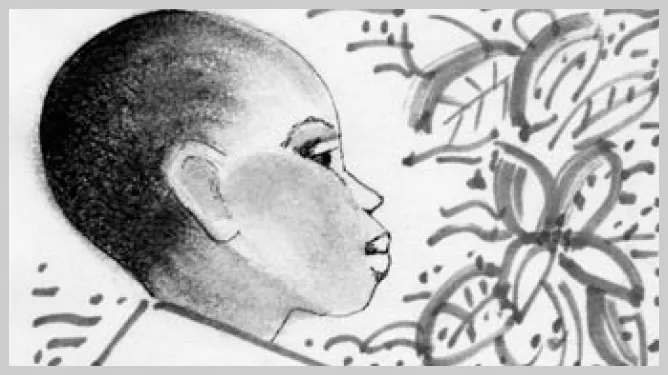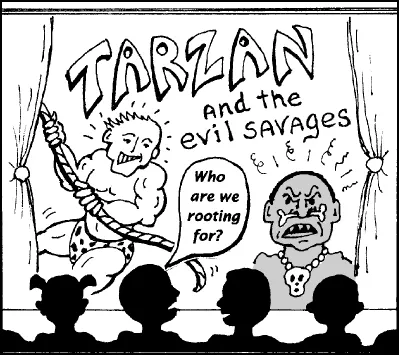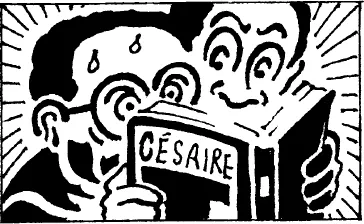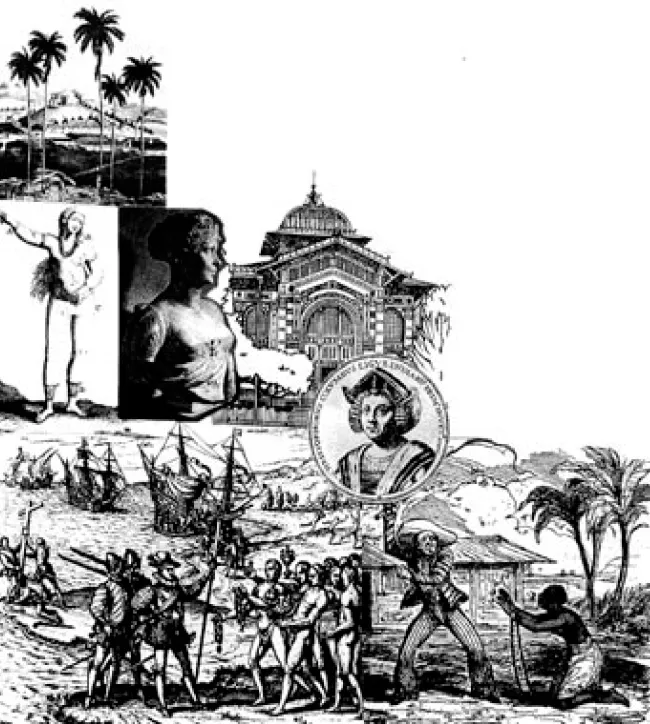![]()
His words and his actions promoted human dignity, honor, and liberation—and unlike many intellectuals, he literally put his life on the line for his beliefs. To people throughout the world, particularly to people of color in both developed and emerging countries, Fanon remains an inspiration, a revolutionary hero, even a martyred saint.
His works continue to be studied because he is one of the 20th century's most powerful social philosophers. Occupying a position both inside and outside of dominant Euro-American culture, Fanon critiques earlier thinkers—such as Hegel, Freud, Marx, and Sartre—who have shaped our modern era. Through his writing, he also challenges us today. He asks us to reexamine our concepts of liberty, selfhood, humanism, equality, and nationalism.
Fanon for Beginners is framed by a biographical section and a chapter discussing Fanon's political and cultural influences. Its main portions follow the principle stages of Fanon's thought:
as presented in Black Skin, White Masks, the stunning diagnosis of racism that Fanon wrote while he was studying medicine and psychoanalysis;
as explained in A Dying Colonialism and Toward the African Revolution, essays Fanon produced when he was actively engaged in Algeria's war of independence;
as analyzed in The Wretched of the Earth, the book that extended insights gained in Algeria to Africa and the Third World.
I hope Fanon for Beginners will give readers with some knowledge of Fanon a useful overview of his life and works as a whole . . . and that it will introduce a new generation of readers to a man who coupled a great mind with a great soul.
IN MARTINIQUE AND FRANCE
The fifth of eight children, Frantz Fanon was born on July 20, 1925, in Fort-de-France, the capital of the French Caribbean colony of Martinique. His father, a customs official, and his mother, a shopkeeper, belonged to the island's relatively prosperous and often racially mixed (sang-méleé) urban middle class. The Fanons promoted French language and culture, discouraging their children from speaking Creole or participating in African-based folk traditions. Young Frantz was trained to adopt the values of the békés (descendants of white slaveholders) and the metropolitan French rather than to identify with the noirs (descendants of African slaves).
According to his older brother Joby, Frantz was a mischievous, headstrong boy who sneaked into movie theaters without paying and engaged in minor vandalism . . . as well as playing soccer and excelling in school. He was admitted to the prestigious Lycée Schoechler, then the French Antilles' only secondary school, where the great poet Aimé Césaire taught language and literature.
Fanon wrote later about the tremendous impact Césaire's Notebook of a Return to the Native Land, published in 1939, had on his fellow Martinicans:
FOR THE FIRST TIME A LYCÉE TEACHER . . . WAS SEEN TO ANNOUNCE QUITE SIMPLY TO ANTILLEAN SOCIETY ËTHAT IT IS FINE AND GOOD TO BE A NEGRO. TO BE SURE, THIS CREATED A SCANDAL. IT WAS SAID AT THE TIME THAT HE WAS A LITTLE MAD . . . NEITHER THE MULATTOES NOR THE NEGROES UNDERSTOOD THIS DELIRIUM. (AR 21-22)
Although Fanon later disagreed with many assumptions...

